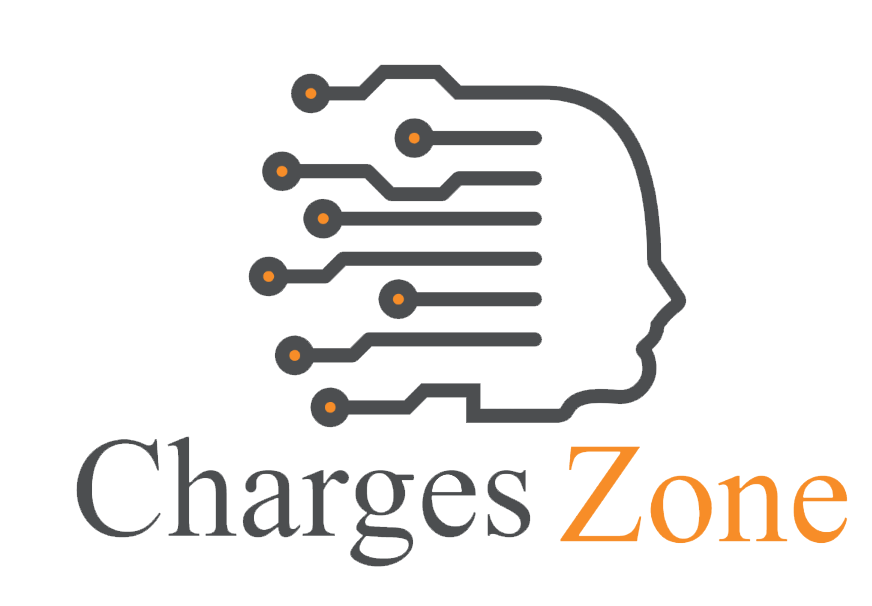Legal Claims and Damages Sought in the Tylenol ADHD Lawsuit
The Tylenol ADHD lawsuit is a class action suit alleging that the makers of Tylenol caused children to develop autism and ADHD. The lawsuit was filed by a group of parents who allege that they were not warned about the possibility of Tylenol use being linked to autism or ADHD during pregnancy.
Many legal claims and damages are sought in this case, which we will discuss in this blog.
The Link Between Tylenol and Autism/ADHD
Tylenol is a popular over-the-counter pain reliever that has been used for decades by millions of people. The active ingredient in Tylenol is acetaminophen, which is believed to be safe for pregnant women and children.
However, according to plaintiffs’ attorneys representing parents who claim their children developed autism or ADHD after taking Tylenol during pregnancy, there is evidence linking the drug with those conditions.
According to the National Institutes of Health (NIH), acetaminophen may be associated with a slightly increased risk for autism spectrum disorder (ASD) when taken during pregnancy. The NIH also notes that studies show an association between acetaminophen use before conception or during early pregnancy and attention deficit hyperactivity disorder (ADHD) symptoms in children later on in life.
However, it cautions that these studies were observational rather than experimental designs. Meaning they cannot prove causation due to the possibility of confounding factors affecting results.
Claims of Negligence and Failure to Warn
The Acetaminophen lawsuit alleges that Tylenol was aware of the link between its products and autism, ADHD, and other developmental disorders. The company failed to warn consumers about this risk despite knowing to do so.
The failure to warn claim is one of negligence. If a person has to protect others from harm and fails in that duty, they are liable for any resulting damages.
In this case, as reported by AboutLawsuits.com, the manufacturer, Johnson & Johnson, and major retailers of the medication like Walmart, Costco, Walgreens, and other companies had an obligation under the law.
These companies sold their products directly into the marketplace, where parents would purchase them for their use. It is expected that the litigation will increase dramatically in scope and size.
Seeking Damages for Medical Expenses
The Tylenol ADHD lawsuit seeks damages for medical expenses.
Medical costs for the child include treatment of ADHD symptoms, such as hyperactivity, impulsivity, and inattention. This includes:
- Visits with a psychologist who specializes in treating children with ADHD or other behavioral disorders.
- Medications prescribed by doctors, including stimulants.
- School tuition paid by parents because their child cannot sit still long enough during class time.
- Tutoring services provided by teachers at school.
- Specialized equipment needed at home, such as chairs with straps, so kids don’t jump around too much while doing homework, and
- Therapy sessions where parents learn how best to handle their child’s behavior without getting angry all the time, etc.
Claims of Pain and Suffering
The pain and suffering caused by your injury can be difficult to quantify. In many cases, it’s not just the physical pain that’s important. It’s also emotional distress, which can be hard to measure. The loss of enjoyment of life is another factor that must be considered when determining damages for personal injury claims.
Finally, there’s the consortium. The loss of companionship that comes with being injured as a result of someone else’s negligence or misconduct (such as drug manufacturers’ failure to test their products properly).
Loss of Earning Capacity
The loss of earning capacity is the difference between what the plaintiff would have made with his or her normal abilities and what he or she will make in the future. It’s important to note that this does not necessarily mean that you would have been able to earn more money than you do now, but it could mean that your earning potential was higher than what it currently is due to your condition.
Some individuals may be seeking compensation for the loss of earning capacity they have experienced as a result of their child’s condition.
Punitive Damages
Punitive damages are awarded in addition to compensatory damages, and they’re intended to punish the defendant. These kinds of damages are not available in all jurisdictions, but some individuals may be seeking punitive damages to hold the manufacturers of Tylenol accountable for any alleged misconduct.
Conclusion
The Tylenol ADHD lawsuit is ongoing, and The National Law Review predicts that many more claims and damages are expected to be filed in the future. If you or someone you know has suffered from injuries related to the use of this drug, they must contact a dangerous drug attorney as soon as possible.
There are time limits to filing this kind of lawsuit, so it’s best to act as quickly as possible.







